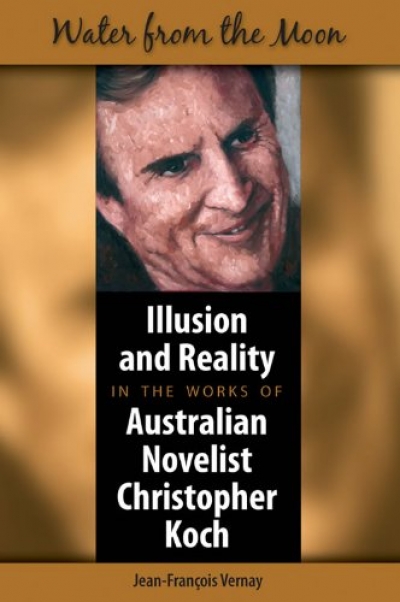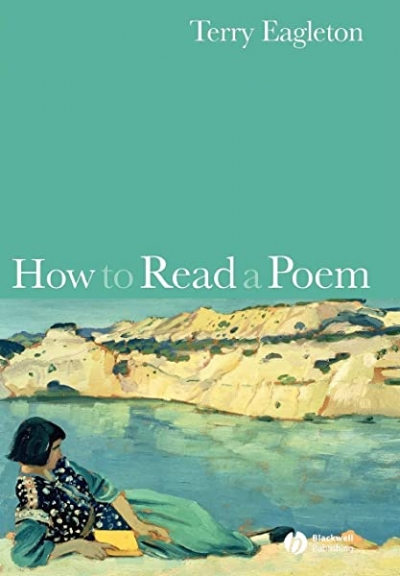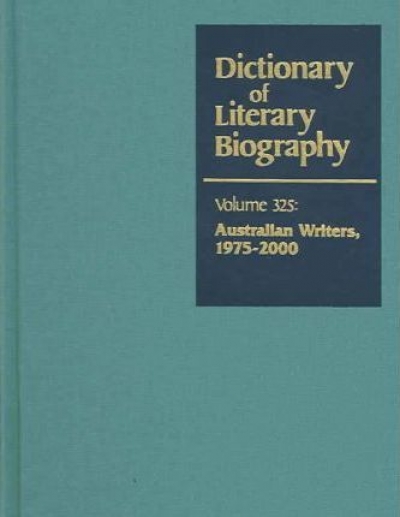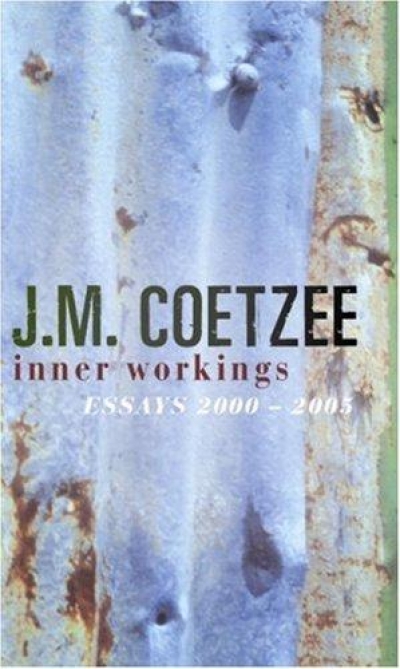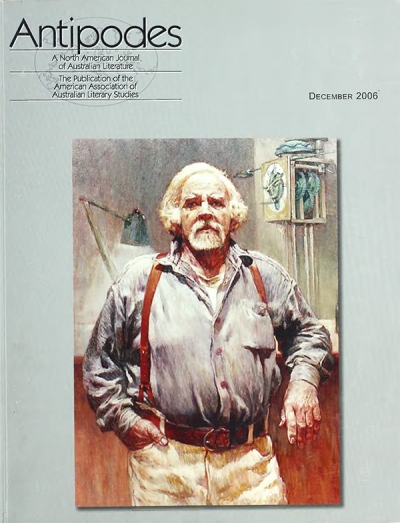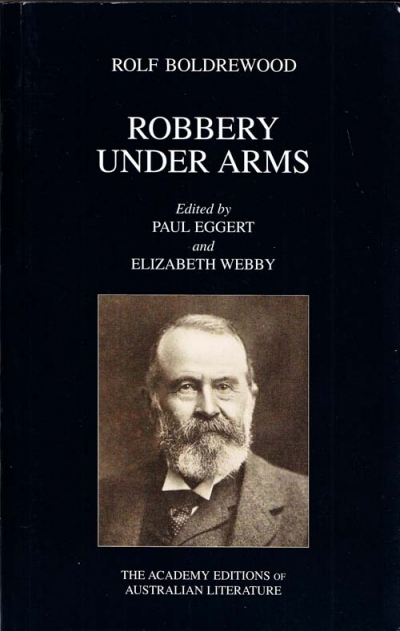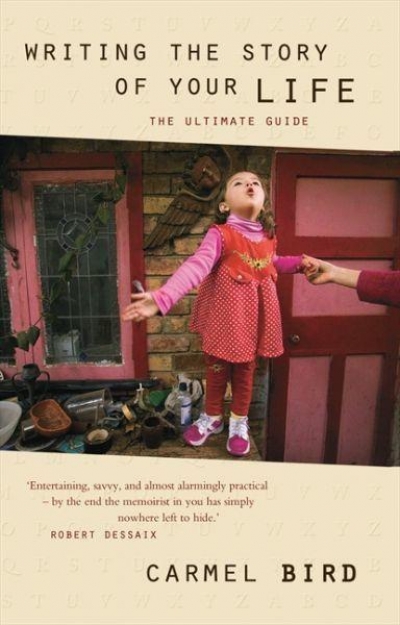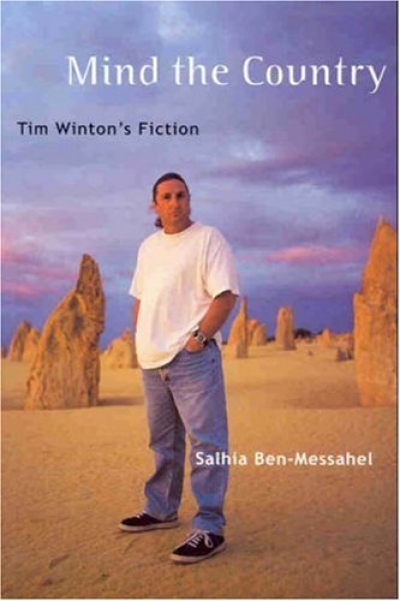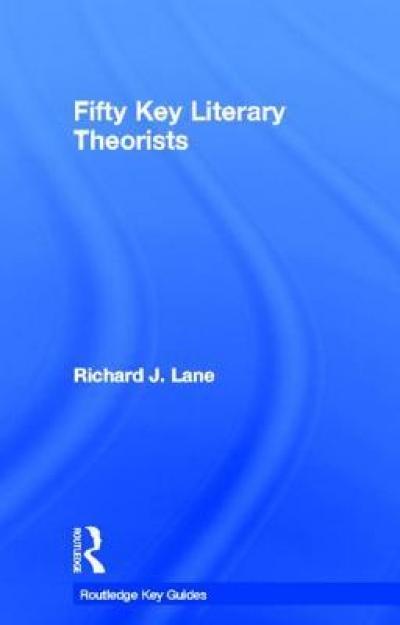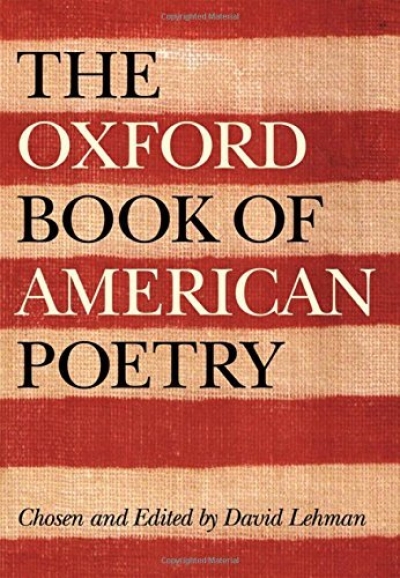Literary Studies
Water From the Moon: Illusion and reality in the works of Australian novelist Christopher Koch by Jean-François Vernay
by Chad Habel •
Dictionary of Literary Biography, Volume 325: Australian writers, 1975–2000 edited by Selina Samuels
by Paul Brunton •
Antipodes vol. 20, no. 2 edited by Nicholas Birns & Australian Literary Studies vol. 22, no. 4 edited by Leigh Dale
by Maria Takolander •
Robbery Under Arms by Rolf Boldrewood, edited by Paul Eggert and Elizabeth Webby
by Rick Hosking •
Writing The Story Of Your Life: The ultimate guide by Carmel Bird
by Shirley Walker •
Mind the Country: Tim Winton's fiction by Salhia Ben-Messahel
by Georgina Arnott •
The Oxford Book of American Poetry by David Lehman
by Peter Rose •

